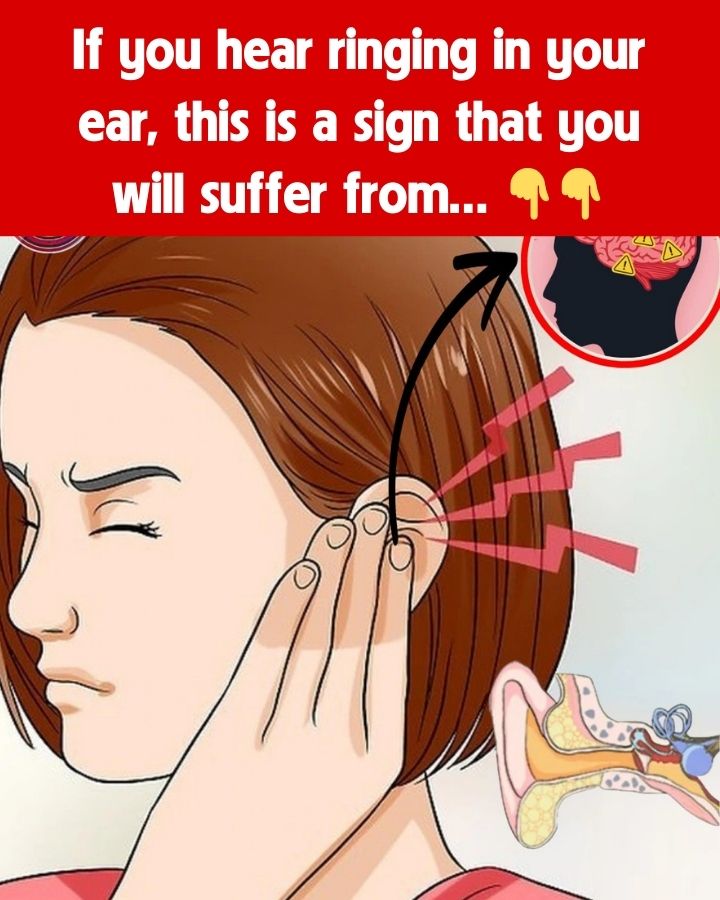1. Hearing Loss
One of the most common causes of tinnitus is age-related or noise-induced hearing loss. Over time, exposure to loud noises from concerts, headphones, or machinery can damage the delicate hair cells in the inner ear, leading to tinnitus.
Signs to watch for:
- Difficulty understanding conversations in noisy environments
- Turning up the volume on the TV or phone frequently
2. High Blood Pressure & Cardiovascular Issues
Did you know that ringing in the ears could be linked to circulation problems? Conditions such as high blood pressure, atherosclerosis (clogged arteries), and poor blood flow can cause pulsatile tinnitus, where you hear a rhythmic sound in sync with your heartbeat.
What to do:
- Monitor your blood pressure regularly
- Reduce salt intake and manage stress
- Exercise to improve circulation
3. Stress & Anxiety
Your mental health plays a significant role in tinnitus. Stress and anxiety can cause or worsen the ringing in your ears by increasing the brain’s awareness of internal sounds.
How to manage stress-related tinnitus:
- Practice deep breathing and meditation
- Get enough sleep
- Engage in relaxing activities like yoga
4. Earwax Buildup
A blockage in the ear canal due to excess earwax can put pressure on the eardrum, leading to ringing or muffled hearing.
Solution:
- Avoid using cotton swabs (they push wax deeper)
- Use ear drops to soften the wax
- Visit a doctor for professional ear cleaning if necessary
5. Side Effects of Medication
Certain medications, including antibiotics, antidepressants, diuretics, and pain relievers (like aspirin in high doses), can cause or worsen tinnitus.
If you suspect medication is the cause:
- Consult your doctor about alternative options
- Never stop medication without medical guidance
6. Ear Infections & Sinus Problems
Colds, flu, and sinus infections can cause temporary ear ringing due to fluid buildup or inflammation in the ear. Once the infection clears, the tinnitus usually disappears.
Home remedies:
- Stay hydrated
- Use steam inhalation to clear sinuses
- Take antihistamines if allergies are the cause
7. Meniere’s Disease
This is a rare inner ear disorder that causes tinnitus, vertigo (dizziness), hearing loss, and a feeling of fullness in the ear. It often comes in episodes and can significantly impact daily life.
Treatment options:
- Reduce salt intake
- Stay hydrated
- Consult an ENT specialist for management strategies
8. Neurological Disorders
In rare cases, tinnitus can be linked to neurological conditions such as multiple sclerosis (MS) or acoustic neuroma (a noncancerous tumor on the nerve connecting the ear to the brain). If you experience sudden hearing loss, dizziness, or balance issues, seek medical attention immediately.

